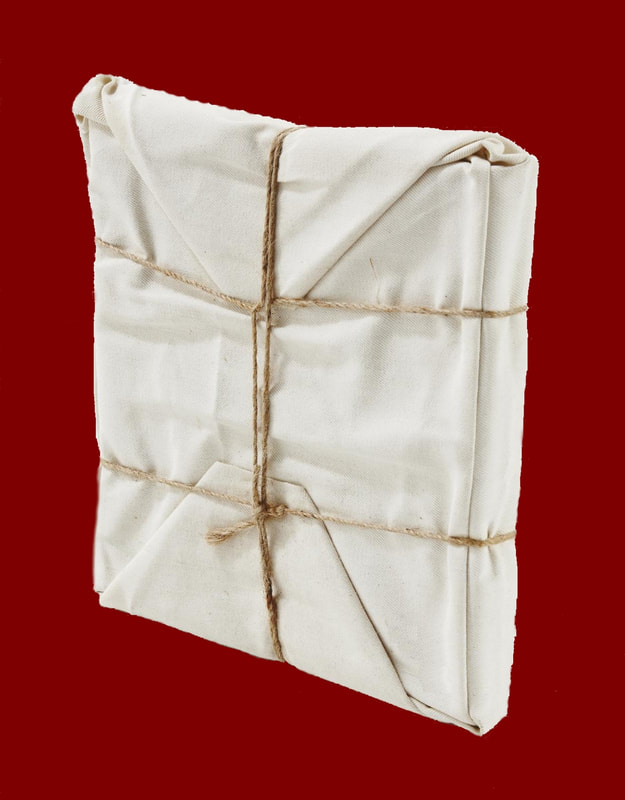|
Imprint: Triarchy Press
Publication: September 2022 Extent: app. 224pp. Size: 15.6 x 23.4 cm ISBN: 978-1-911193-92-0 Price: £20.00 Tags: Western herbal medicine, political/cultural theory, medical anthropology, ecology, poetics, theories of the self, history and philosophy of science, alternative medicine Order the paperback (£20.00)
|
Wildflower Counterpower
|
|
Jason Hirsch uses this detailed study of the history and contemporary practice of Western herbal medicine to explore contemporary concerns about the health of society, ecology, politics and humanity.
Contemporary Western medicine (and the contemporary divide between scientific and herbal/alternative medicine and theories of health) have long roots - extending back to Ancient Greece, out to the Arab world and deep into philosophical debates through the centuries. The division is a crucial one. The human being, in scientific thinking, is separate from nature and sickness comes from some unruly force of nature arriving to invade the bounded self — a germ, a virus or a temptation from the carnal body upon the rational mind. Blame is placed upon nature itself, and modern living, whose comforts keep us relatively separate from nature, is cast as the basis upon which good health ultimately rests. In herbal thinking, the human being is an integral part of nature and nature is as alive, responsive, intelligent and conscious (though in a different way) as any human. For herbalists, the material world is a living conversation among many kinds of beings, and whatever disrupts this dialogue is the cause of sickness. The source of illness, then, is frequently seen to be some feature of modern Western living. These two systems teach radically different lessons about the value of the modern way of life: each tends to allocate responsibility for sickness in precisely the place where the other locates the basic preconditions for health. As a result, herbalism challenges existing ways of doing things, can transform our underlying ideas of what the world is like, and can lead us toward a worldview that is incompatible with the existing state of political affairs. In this way, it becomes a counterpower. It operates beneath reasoned argument or moral outrage, tending instead to produce a visceral feeling that the way things are is out of step with what we take to be the very nature of life. |
Read more:Readership:
Wildflower Counterpower offers a powerful critique of our existing social systems through an ecological lens, and suggests a path forward that orients us deeply toward relationship with nature. In times of political division and discord, it can
serve as a shining example of a politics of beauty. It can unify the approaches of social visionaries, ecologists, artists and healers. |
"In the modern West, science usually has the final say on what the world is like. The question of who or what lives here is generally presumed to be settled. There may be some filling in of remaining puzzle pieces, and occasionally a small revolution in one corner or another, but the overall picture seems clear. Nature, over there, is reliable, fixed, universal. It follows set laws. It is mysterious, but it can be studied and known. It changes and moves according to physical laws, or by instinct — it doesn’t much think for itself. Over here, meanwhile, is human culture, free and self-determining, gloriously flawed, capable of being puzzled over but never really pinned down for sure. Nature and human culture interact, but on unequal terms. Human culture is active and intentional, but nature, while it may move around, is passive and inert. This is more or less how the world is arranged according to scientific fact.
But the life and work of herbalists challenges this neat division. Theirs is a world of flowing interchange between plants and humans, wherein the bodies of both are suffused with thought and active life. What are we to make of this disagreement with the scientific idea of what the world is like?"
From the Introduction
But the life and work of herbalists challenges this neat division. Theirs is a world of flowing interchange between plants and humans, wherein the bodies of both are suffused with thought and active life. What are we to make of this disagreement with the scientific idea of what the world is like?"
From the Introduction

